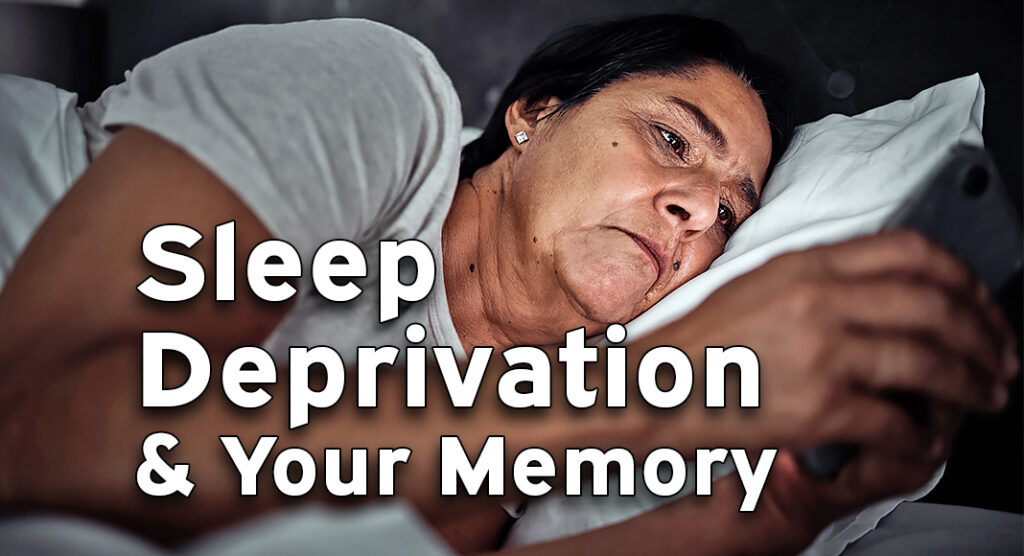
Mega Doctor News
CLEVELAND CLINIC – Reports show many Americans are not getting enough sleep – which can cause all kinds of health issues and even impact our memory.
“One of the cool things about researching sleep and practicing sleep medicine is that we don’t know exactly why we sleep, but we have some really good ideas about the value and the utility of sleep,” said Alicia Roth, PhD, a sleep psychologist for Cleveland Clinic. “And one of those things is how sleep restores your brain, and we know that sleep is crucial for improving your memory or maintaining good memory.”
Dr. Roth said when a person isn’t getting enough sleep, they will likely notice problems with short-term memory first.
For example, they may forget details from a conversation they had.
However, if the problem persists, it could start to affect their long-term memory too, like being able to recall past events.
Dr. Roth said there are all kinds of reasons someone may have trouble sleeping, which is why it’s important to get checked out.
In some cases, they may discover they have insomnia or sleep apnea.
Dr. Roth said research shows sleep apnea can impact memory, attention, cognition, ability to think critically and problem solve.
So, how much sleep do we actually need?
“Everyone’s sleep need is different. It’s important for you and your doctor to evaluate what your sleep need really is, and what amount of sleep, and what quality of sleep leads to you feeling refreshed, but also feeling like your memory and your cognition are as sharp as they can be,” she explained.
Dr. Roth’s number one sleep tip is to not force sleep.
You can’t make yourself sleep.
Instead, wait until you are truly sleepy before getting into bed.









